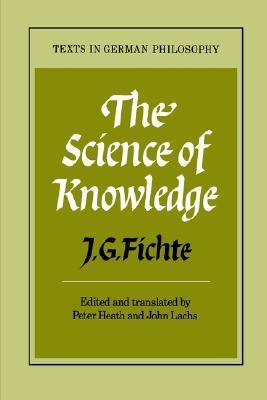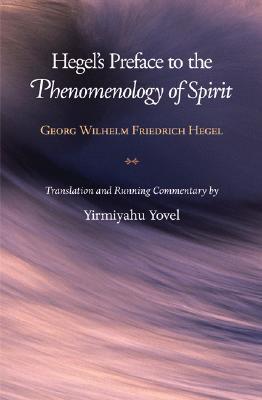
System of Transcendental Idealism
Book Description
Reality is not what it seems—it's a rich tapestry woven from the interplay of mind and nature. In 'System of Transcendental Idealism,' Schelling dives deep into the foundations of existence, blending philosophy and mysticism into a thrilling exploration of consciousness. With every page, secrets unfold about the nature of freedom, the divine, and the uncanny connection between humanity and the cosmos. As tensions rise between reason and intuition, the stakes become profound: can true understanding ever be achieved? What if unlocking the mysteries of the universe lies within us all, just waiting to be revealed?
Quick Book Summary
Friedrich Wilhelm Joseph Schelling’s "System of Transcendental Idealism" is a landmark in German idealist philosophy, fusing theoretical rigor with a romantic vision of nature and mind. Schelling proposes that reality emerges from a dynamic interplay between the self (subject) and the world (object). Rather than viewing the external world as independent, he contends that nature itself is a product of the creative activity of the mind. Schelling explores how consciousness evolves, culminating in self-awareness and artistic creativity. He presents freedom not simply as an absence of constraint but as a deep, metaphysical principle, rooted in our capacity to reflect upon and reshape reality. Through this unity of opposites—mind and nature, reason and intuition—Schelling seeks to reconcile humanity’s longing for the infinite with the constraints of finitude, suggesting that true understanding is attainable through self-discovery and creative experience.
Summary of Key Ideas
Table of Contents
Unity of Mind and Nature
Schelling’s philosophy hinges on the radical claim that mind and nature are not fundamentally opposed, but united in a single dynamic system. Rejecting materialism and naïve realism, he argues that nature is not a dead, mechanical reality but an unfolding of spirit—a visible manifestation of the invisible processes of consciousness at work. Schelling traces how, through this unity, philosophical inquiry can move beyond the subject-object dichotomy, revealing that the creative powers we find in ourselves also pulse through the natural world.
Stages of Consciousness and Self-Awareness
The evolution of consciousness is central to Schelling’s system. He describes a series of stages through which self-awareness arises: sensibility, reflection, and finally, absolute knowing. At each stage, the self becomes increasingly aware of its own activity in producing reality. Eventually, consciousness reaches the point where it recognizes both its freedom and its embeddedness within nature. This journey is both individual and universal, mapping the development of humanity’s awareness from mere perception to profound self-knowledge.
The Role of Freedom and Creativity
Freedom, for Schelling, is more than political liberation or personal autonomy. It is the cosmic principle that allows both nature and mind to actualize their potential. True freedom means the ability to reflect, judge, and shape the world from within. This idea bridges the divide between the deterministic laws of nature and the spontaneity of human action, suggesting that the creative spirit found in nature is mirrored in human freedom.
Art as the Completion of Philosophy
Art occupies a privileged place within Schelling’s system. He views artistic creation as the highest expression of the unity between mind and nature. In art, intuition and reason, freedom and necessity meet, making it the ultimate activity through which reality becomes conscious of itself. Artists, in giving form to the ineffable, bring to completion the philosophical quest, revealing truths that elude mere logic.
Transcendence and the Infinite
The ultimate aim of Schelling’s thought is to transcend limitations and access the infinite—a domain where human finitude encounters the divine. He suggests that through self-discovery, creative activity, and philosophical reflection, we approach a kind of knowledge that is both rational and mystical. This search for the absolute is both a personal journey and a universal drama, inviting us to continually remake ourselves and reality through acts of understanding, freedom, and artistic vision.
Download This Summary
Get a free PDF of this summary instantly — no email required.





